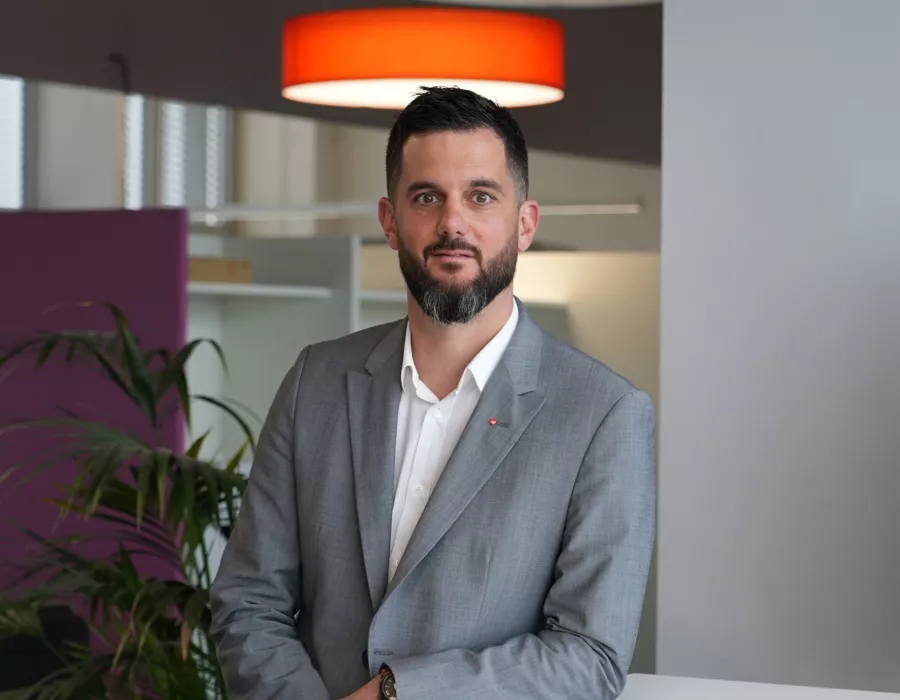24.01.2025
News
Discover SPIE's latest news, updates and events!
The latest news from SPIE illustrate the ambitions of a leader committed to working with its customers to make a success of the energy transition and digital transformation.
20.11.2024
30.10.2024
12.09.2024
26.06.2024







